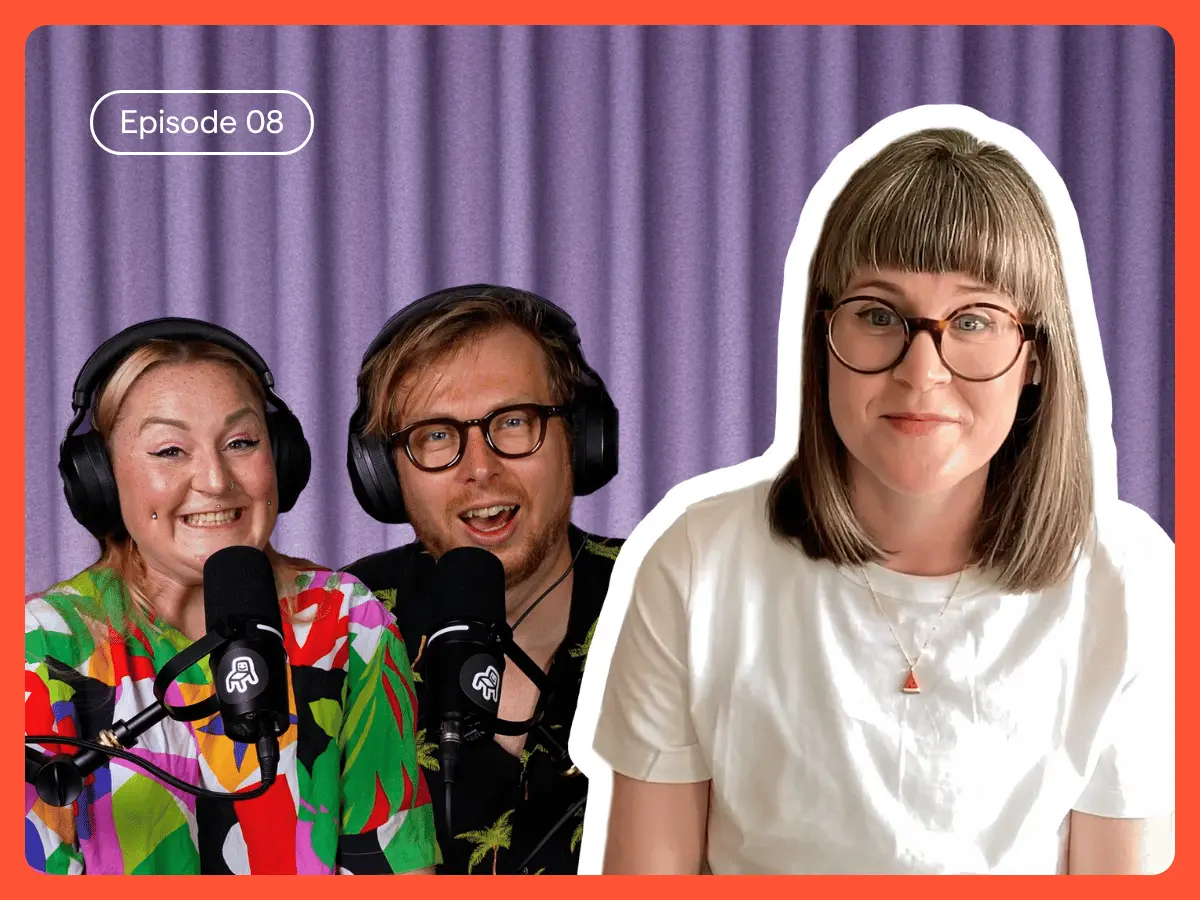

Kerry Murphy is an early childhood specialist and lecturer in Early Childhood and SEND at Goldsmiths University. She specialises in neurodiversity- and disability-affirming practice, improving inclusion, understanding and promoting a celebratory framework of assessment and support. She's a 22 year veteran of the Early Years as well as a consultant and author. She has delivered seminars, training for local authorities, and a webinar for us here at Famly. Kerry is currently working on a doctorate in the pathologisation of play and child development in neurodivergent children.
Kerry explains that "neurodiversity" refers to the natural variation in human brains and behaviours, emphasising that these differences are not deficits. However, the current special educational needs (SEN) system often pathologises these differences. Kerry says, "The work that I do is around trying to increase people's frameworks for thinking that, actually, there is no inherently inferior or superior way of being. We just are. We are just what we are. And it's about understanding ourselves holistically.
Kerry advocates for us to reconsider the language of SEN as it's so imprecice. "It tells me nothing about those children," explains Kerry, "Whereas if I say, tell me about your children. What are their neurotypes? Do they have disabilities? Are, they disabled? That's where you get the rich information."
Kerry explains that SEN evolved from the term 'educationally subnormal' which, Kerry explains, is a racist term. "It talks about the segregation of Black Caribbean children in the 60s and 70s. Black people being viewed as unteachable and then being segregated. So I think of the racist history of it as well. I also think it's a classist term - we often see the term 'SEN' applied to those who are under resourced. 'SEN' is not fit for purpose and I feel very passionate about. We have to resist that term."
"If we don't disrupt the system, if we don't dismantle it, if we don't challenge all the ways in which neurodivergent and disabled children are dehumanised, who will do it?" asks Kerry, "It's not necessarily a criticism to early years educators. It's a criticism to the system that they require that of early years educators. If the system that is meant to be helping children is something that we have to 'navigate', then that, to me, indicates a very broken system."
Kerry promotes a shift from deficit-based to strengths-led approaches in early childhood education. This involves focusing on children's abilities, interests, and best days rather than their challenges. The SHARE goal framework (Strengths-led, Holistic, Autonomy-building, Recognises intersectional identities, Engagement and well-being focused) is proposed as an alternative to traditional SMART goals.
Traditional views often pathologise autistic children's play, labeling it as non-functional or inappropriate. Kerry explains, "Historically the way other autistic children play has been pathologised and often used as a way of intervening, correcting, fixing or 'normalising' autistic children. The really obvious example is 'All this child does is line things up', or, 'All this child does is flit between different areas', or, 'This child requires a certain level of repetition or predictability in their play.' We see that as a potentially negative thing and then we apply these labels to children that play doesn't come naturally to them, that they can't play functionally, appropriately, normally, purposefully."
Kerry challenges this perspective, arguing that autistic children do know how to play, but their patterns may differ from other children. Educators are encouraged to understand and value diverse play patterns rather than trying to "fix" or normalise them.
"It's okay to have a special interest. It's okay to engage in repetitive play. It's okay for you to be absolutely driven by sensorial experiences or sensory highs," says Kerry, " I'm trying to help educators to look at play as something to be understood, rather than as something to be fixed. We can be the knowledge creators alongside our children, creating infinite patterns of play. We've got to move away from this idea of children seamlessly move through play stages and actually recognise play as chaotic and messy. And it's something that can't be and shouldn't be defined."
Kerry critiques the appropriation of play for predefined learning outcomes, arguing that this approach can devalue play that doesn't fit into prescribed agendas. She advocates for recognising the intrinsic value of play, even when its purpose or learning outcomes aren't immediately apparent to adults.